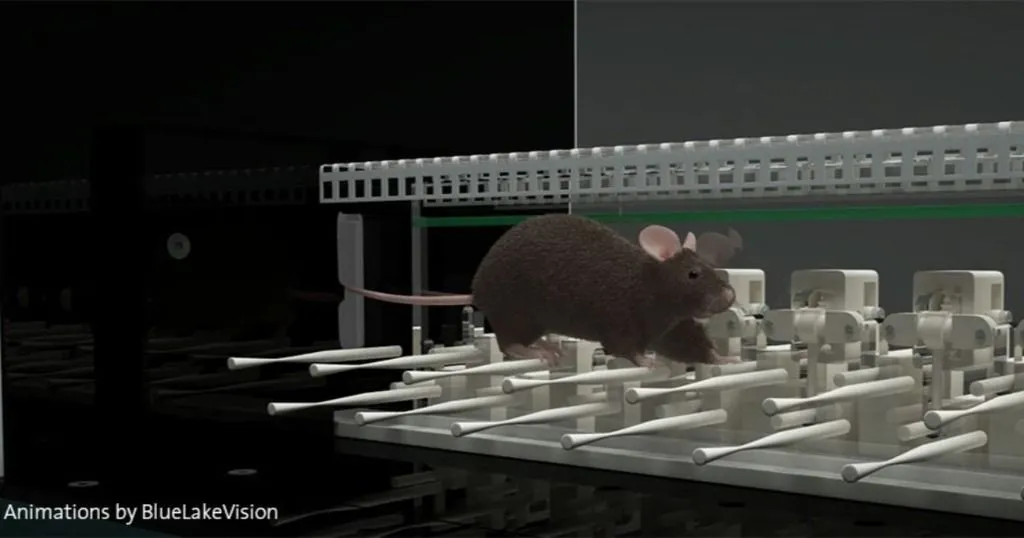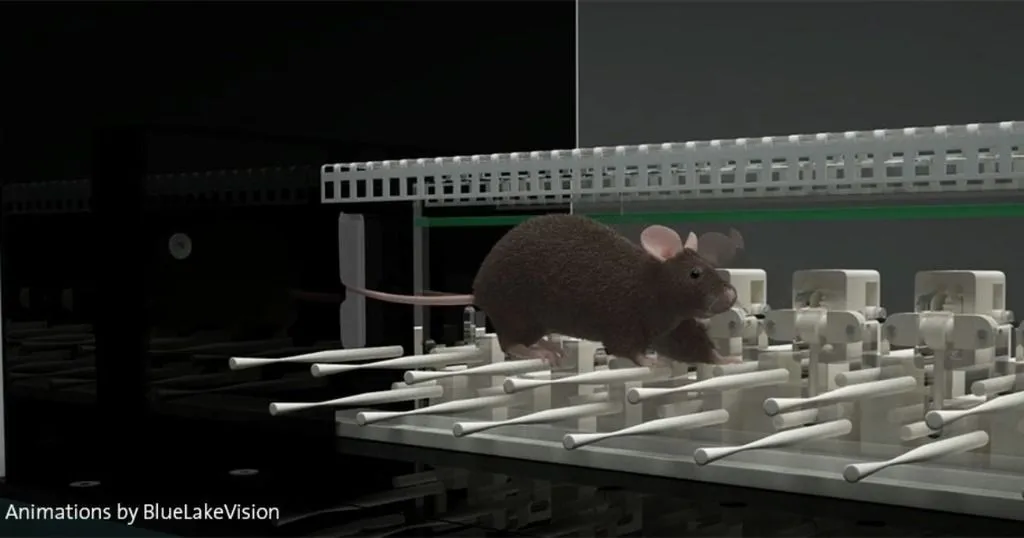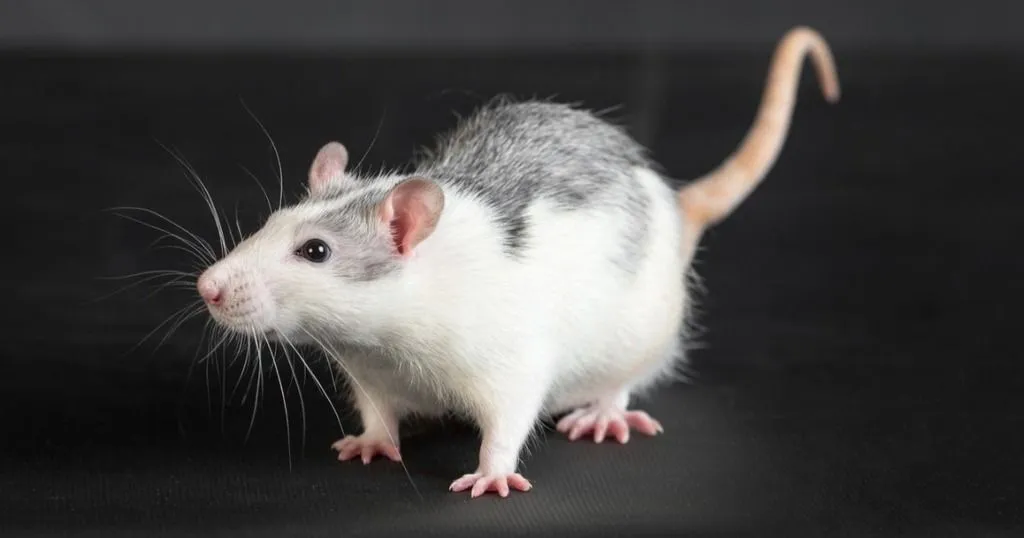Blog posts tagged with motor learning

11 Mar
animal behavior research
Gait and Locomotion
Traumatic Brain Injury: effects on the brain and motor coordination
Do you think of wearing a helmet while skiing, cycling or horseback riding? Read more about how the brain is affected after the head injury and how you can examine locomotion in a mouse model with TBI.

13 Jan
animal behavior research
Autism Spectrum Disorders
Autistic mice have motor learning difficulties specific to the cerebellum
Autism is often associated with social behavior deficits and repetitive behaviors. However, motor abnormalities are also a part of the behavioral spectrum. Recent studies have implicated the cerebellum.

03 Jul
animal behavior research
Alzheimer’s and Parkinson’s
How to study ataxia
Ataxia is a common problem in Parkinson’s disease (PD), and many early onset Alzheimer’s disease patients (AD) also deal with it. Now there is a non-invasive test for mouse models.

23 Apr
animal behavior research
Alzheimer’s and Parkinson’s
Alzheimer's: prevent instead of cure?
Alzheimer’s disease (AD) is a huge public health issue as it affects a large part of the aging population. Neuropathology is studied primarily in the end stages of the disease. What about prevention?

17 Mar
animal behavior research
Alzheimer’s and Parkinson’s
10 behavioral studies on Alzheimer’s and Parkinson’s
This blog post features 10 interesting studies that use innovative techniques to study models of AD and PD and important underlying neuronal mechanisms.

11 Sep
animal behavior research
Other (Animal)
Walking the ladder: testing the cellular source of motor functioning in mice
The cerebellum, our “little brain”, is all about motor control; more specifically, it’s about coordination, precision, and timing.